Politicians take sides in neutrality debate
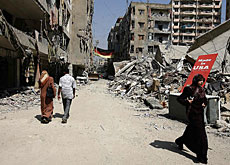
The idea of a Swiss seat on the United Nations Security Council and of sending Swiss troops to Lebanon has reignited the country's debate on neutrality.
Following Foreign Minister Micheline Calmy-Rey’s criticism of Israel’s recent shelling of Lebanon, parties to the political right have panned her position of “active” Swiss neutrality.
“Don’t interfere in foreign feuds,” was the advice the hermit and mystic Nicolas of Flüe gave to his fellow Swiss in 1481. Micheline Calmy-Rey is boldly ignoring it.
In the past few weeks the minister from the centre-left Social Democratic Party has criticised the Israeli strategy in Lebanon, raised the possibility of sending Swiss troops out there and thought aloud about Switzerland applying for a seat on the UN Security Council.
What’s more, these are only the latest in a line of her contributions to international diplomacy.
Since her election to government in 2002, she has pushed several diplomatic initiatives: the Geneva Accord, an unofficial peace proposal aimed at solving the Israeli-Palestinian conflict; the UN Human Rights Council; the Red Crystal symbol of the International Committee of the Red Cross, and her efforts to secure independence for Kosovo.
“Public diplomacy involves replacing the usual tact that permeates negotiations between governments of international treaties with a transparent method of getting one’s position across by exerting pressure,” she said in a speech 100 days after entering government.
Criticism
This approach enjoys far from unanimous support. Critics accused Calmy-Rey of violating Swiss neutrality when she called for a ceasefire between Israel and Islamic Hezbollah militants in Lebanon. She had said the Israeli operations were “disproportionate compared with their aims”.
Calmy-Rey retorted that being the depositary state of Geneva Conventions meant Switzerland had a duty to denounce attacks on fundamental principles.
But the rightwing Swiss People’s Party laid into this policy, which it considered too “active”.
The People’s Party contemplated making it obligatory for the foreign minister to consult the parliamentary foreign affairs committee before taking a stance on any issue which concerned neutrality – but in the end it dropped the idea.
“Certain people think Switzerland should say and do nothing and that I should hide under the table. This is to have a static view of neutrality,” Calmy-Rey said in an interview with the Basler Zeitung newspaper.
“If we keep quiet and remain passive, we can neither defend our interests nor guarantee our security or well-being.”

More
Neutrality
Storm in a teacup?
Peter Maurer, the Swiss ambassador to the United Nations, saw “absolutely no contradiction” between Switzerland’s neutrality and its efforts for peace and human rights.
Maurer also said that “the government had already stated in 2003 that eventual Swiss participation in the United Nations Security Council would have to be considered sooner or later”.
The ambassador denied that the debate about neutrality was a storm in a teacup. “It reflects people’s concerns regarding Switzerland’s involvement at the heart of international organisations and the significance it ought to have,” he said.
“I think this debate shows the good health of our political culture.”
swissinfo, Daniele Mariani
On Wednesday the Swiss foreign and defence ministries announced Switzerland is unlikely to send troops to the international peace force in Lebanon.
They said Switzerland would focus its activities on humanitarian assistance to the civilian population. At the same time, they said the authorities were looking into different ways to support the UN peace force.
Switzerland has sent few soldiers to support international peace forces. The 200 peacekeepers stationed in Kosovo are Switzerland’s biggest foreign mission.
A small contingent of five soldiers is supporting the international force at the border between North and South Korea supervising the armistice since 1953. Four officers are part of the international security force in Afghanistan, and around 20 soldiers participate in the EU force in Bosnia and Herzegovina.

In compliance with the JTI standards
More: SWI swissinfo.ch certified by the Journalism Trust Initiative
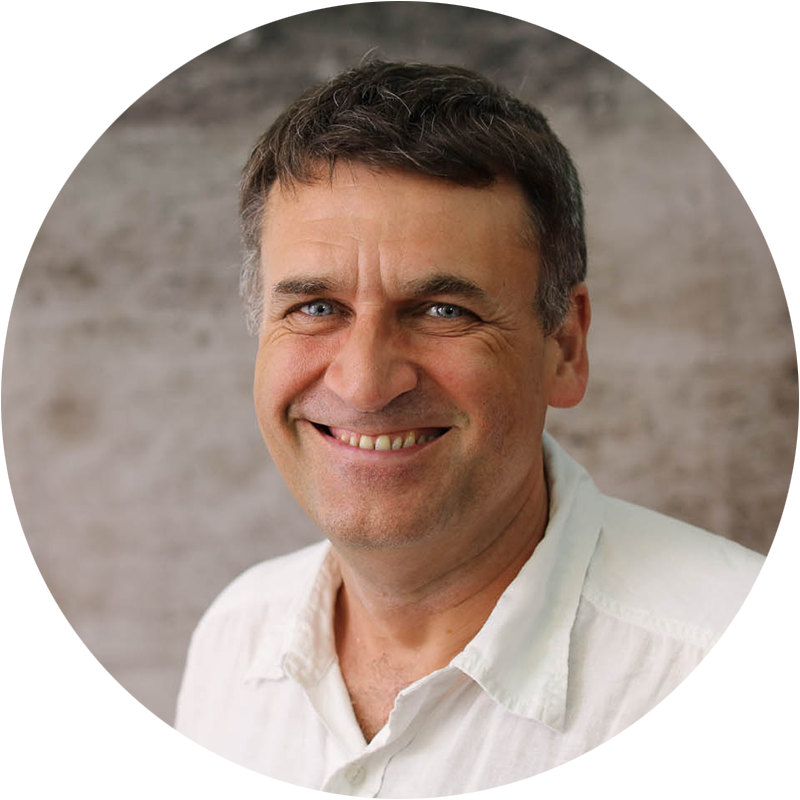




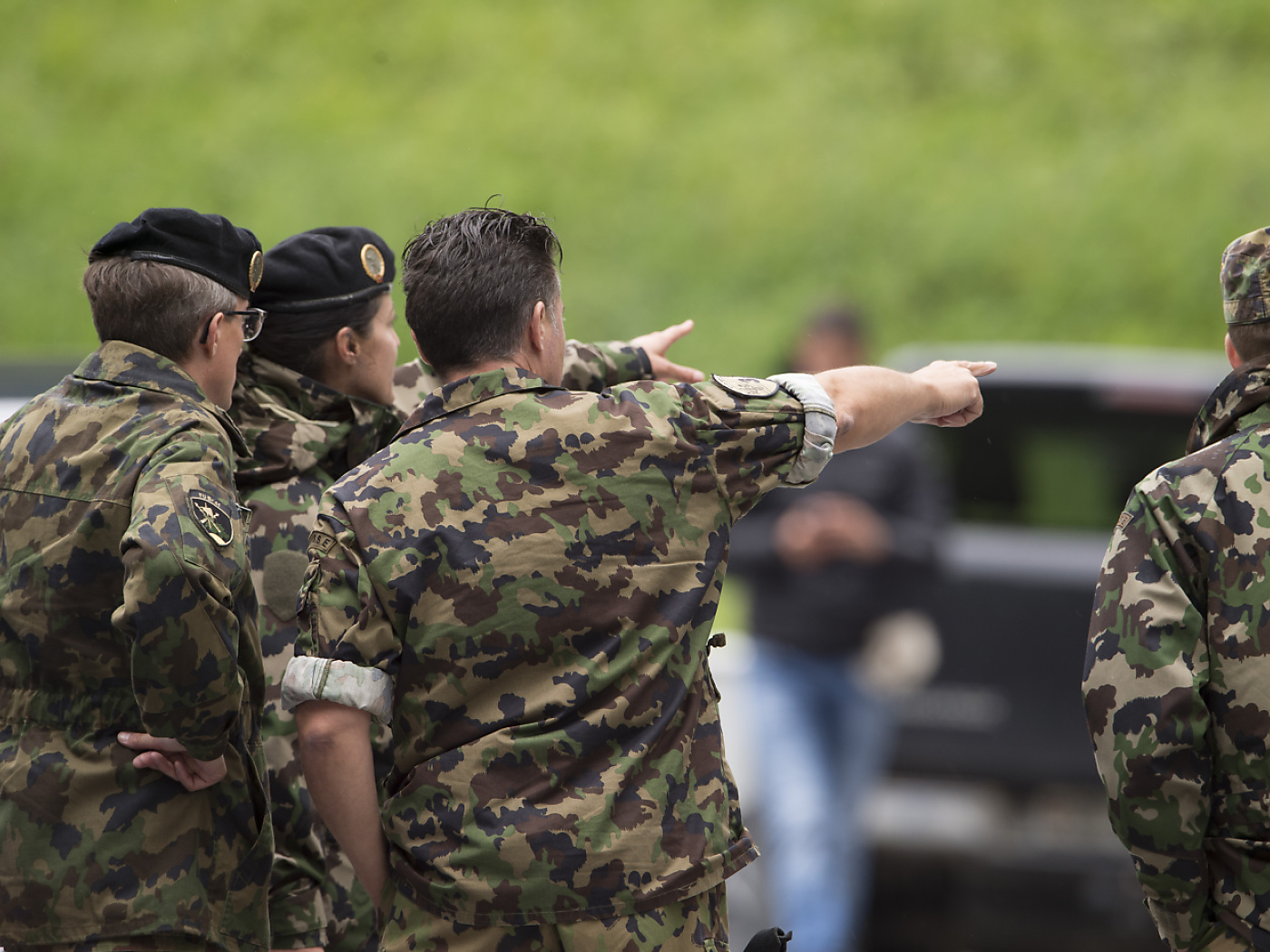



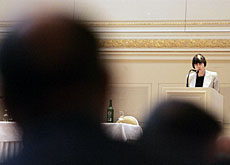
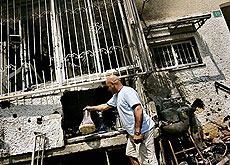

You can find an overview of ongoing debates with our journalists here . Please join us!
If you want to start a conversation about a topic raised in this article or want to report factual errors, email us at english@swissinfo.ch.